
Prof of Environmental Chemistry, Dept of Earth Sciences, University of Durham, UK.


www.theguardian.com/environment/... @durhamearthsci.bsky.social



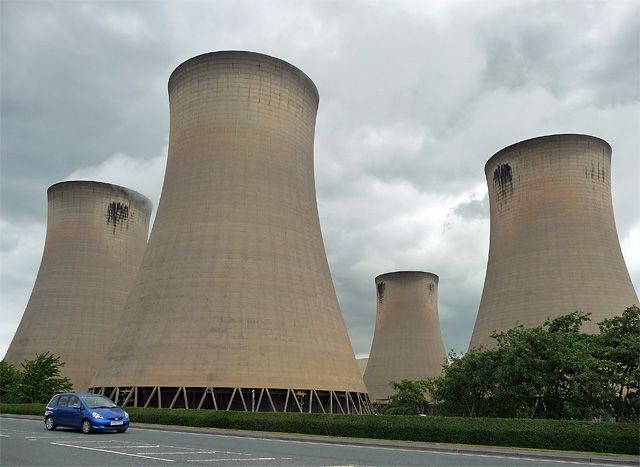



paired data on 317 sewage works and 232 control reaches for 22 years to find out what impact of sewage has. What was getting worse or what was getting better with time and why? @durhamearthsci.bsky.social @jlaknapp.bsky.social
Reposted by Ben Bond‐Lamberty

link.springer.com/article/10.1...
Our new study follows the thermodynamic profiles to show how fens and bogs significantly differ in when they become closed. @durhamearthsci.bsky.social
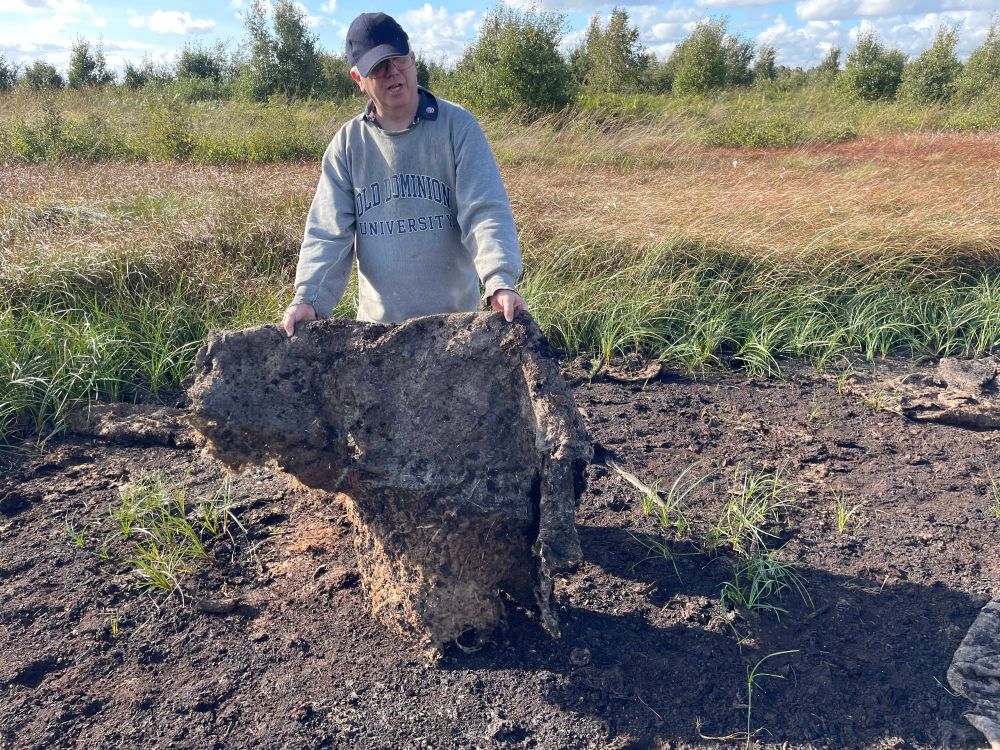
Reposted by Ben Bond‐Lamberty

www.sciencedirect.com/science/arti... Spoiler - degradation is more important @durhamearthsci.bsky.social





Reposted by Fred Worrall

Reposted by Yadvinder Malhi, Fred Worrall, Elizabeth Tingle
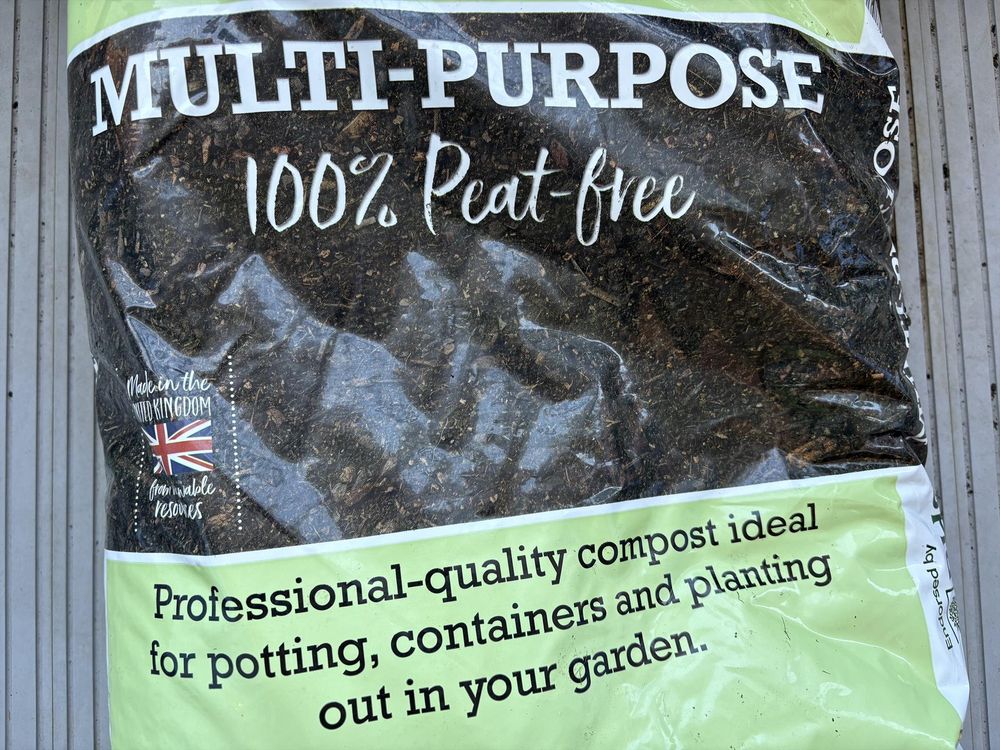

essd.copernicus.org/preprints/es...
Thanks to Camille Minaudo and Xavier Benito of University of Barcelona for inviting me to join in. @durhamearthsci.bsky.social


www.sciencedirect.com/science/arti... British peats have seen revegetation (increased albedo), but not as fast as we should expect given controls and climate change. @durhamearthsci.bsky.social @ordnancesurvey.bsky.social

We surveyed all British peatlands and applied the cold humid island hypothesis @durhamearthsci.bsky.social @ordnancesurvey.bsky.social
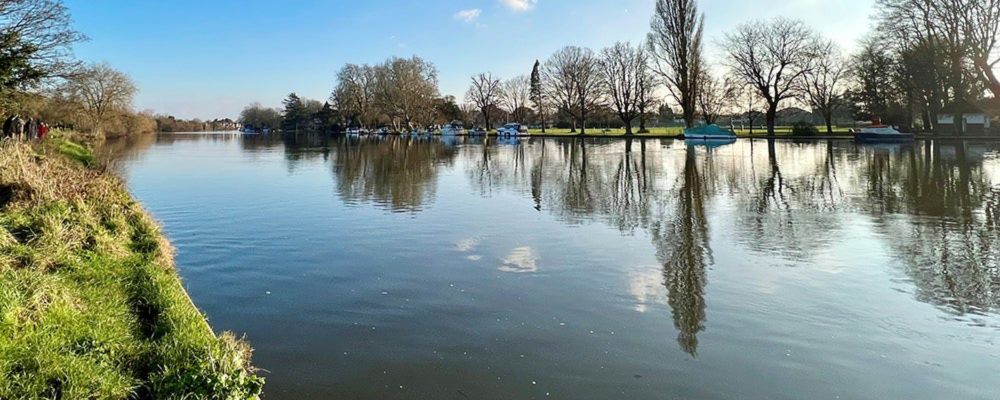
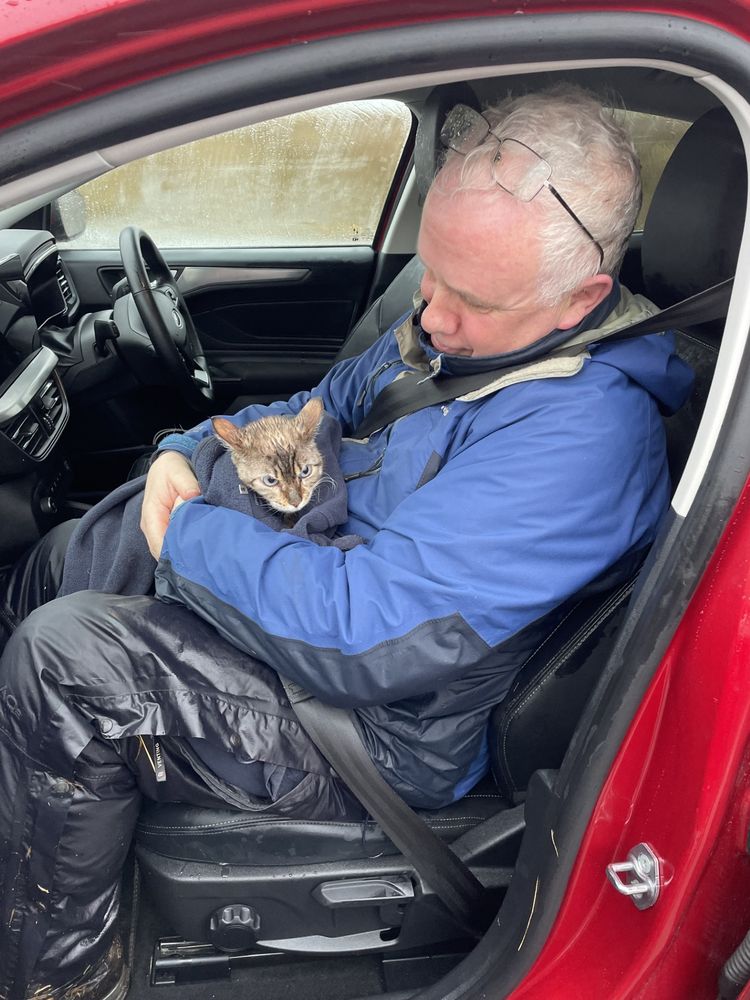


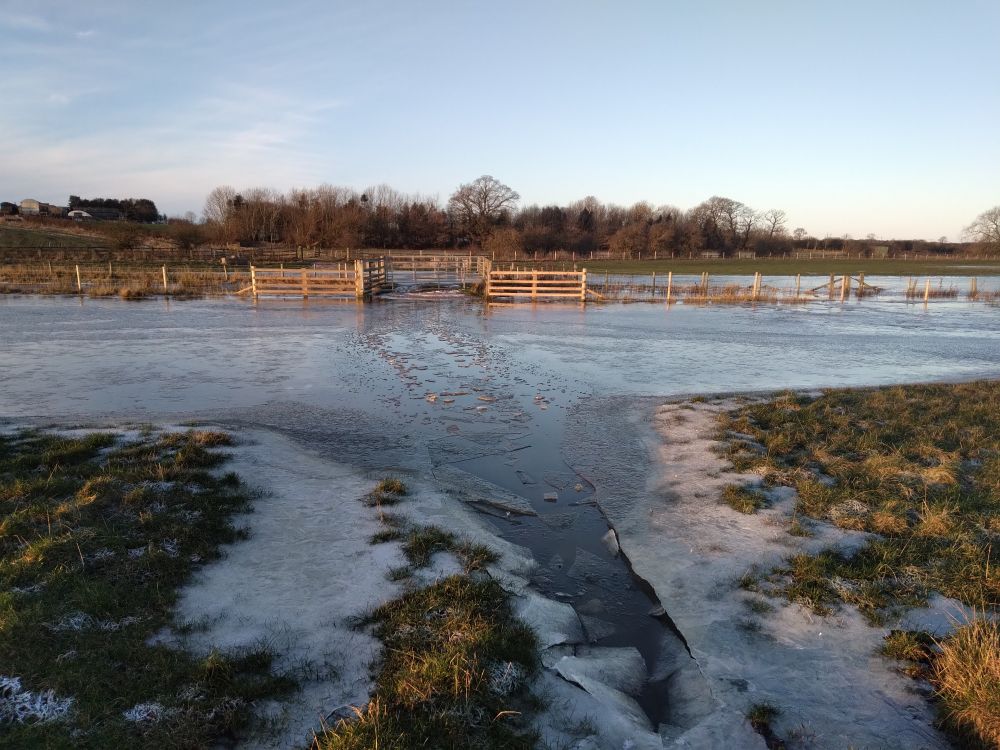

Reposted by Fred Worrall
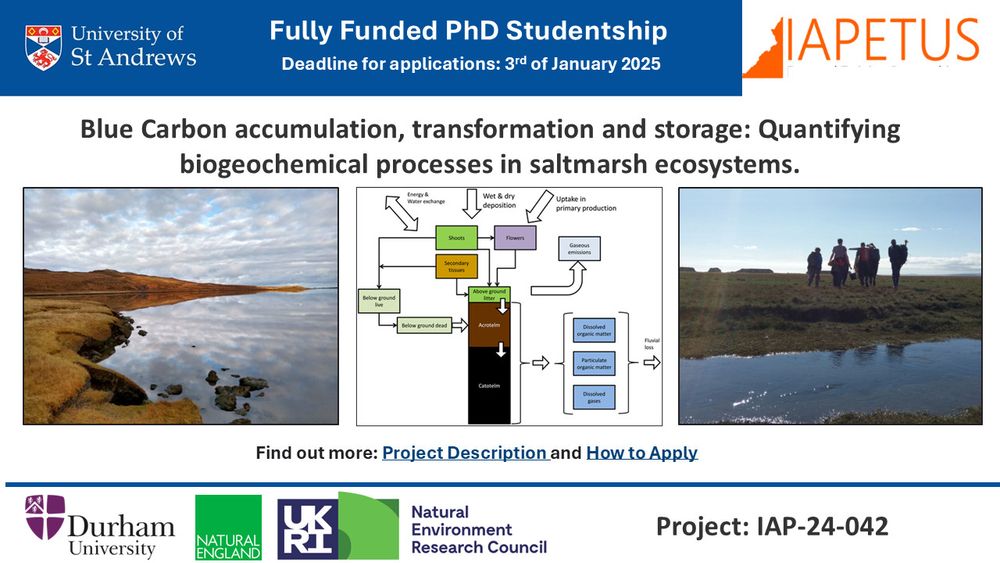
Deadline: 3rd of January 2025
The project will be co-supervised by myself, @fredworrall.bsky.social and Jessica Elise (Natural England).
Project Outline: tinyurl.com/7nvsmc53
How to apply: iapetus2.ac.uk/how-to-apply/


